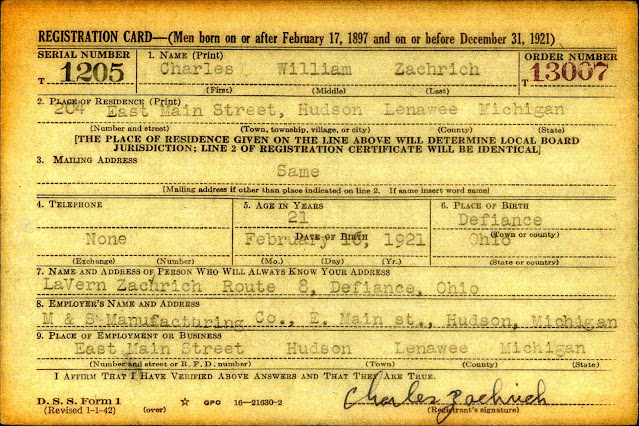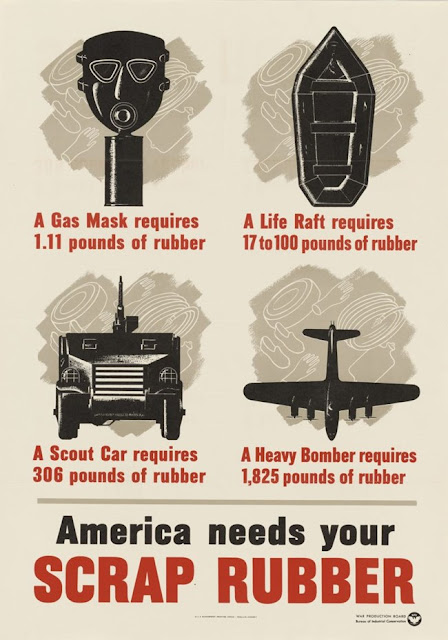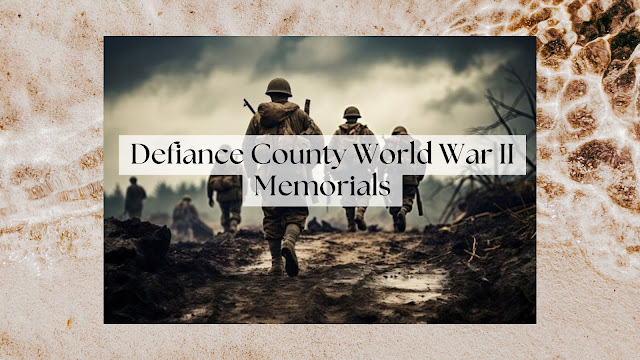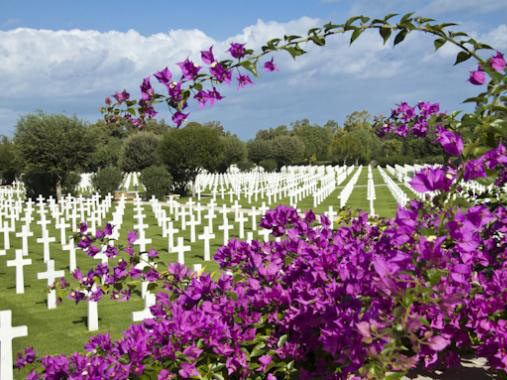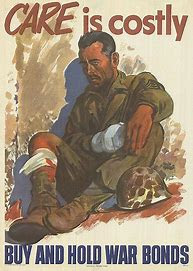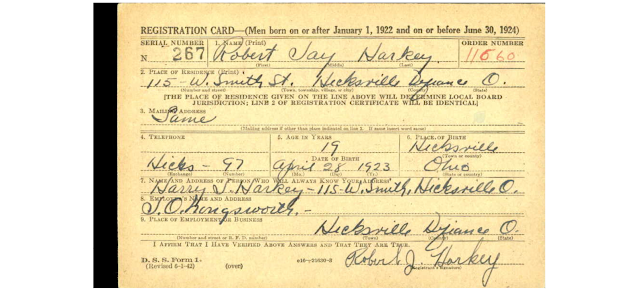Private First Class
Alvin Robert Haver
Alvin Robert "Bob" Haver was born on October 9, 1919, the second of twelve
children born to Jesse and Irma Mildred (Bernard) Haver. Bob was the oldest son, born in Delaware Township, but he was raised in Mark Center and educated in the Mark Township schools.
children born to Jesse and Irma Mildred (Bernard) Haver. Bob was the oldest son, born in Delaware Township, but he was raised in Mark Center and educated in the Mark Township schools.
He registered for the draft in Mark Township on October 16, 1940. With blue eyes and blonde hair he was 5'10" and 155 pounds.
On March 5, 1941, he enlisted into
the Army in Toledo. Alvin had
two years of high school, was single, and was assigned to the 26th infantry,
1st Infantry Division.
His basic training took place in Camp Walter, Texas and Fort Devers, Massachusetts. On August 4, 1942, he was on a ship headed for England, and upon arrival, was assigned to units alerted for the invasion of North Africa.
In November 1942, Pfc Bob Haver was deployed to North Africa as part of the Tunisian Campaign. He was a part of the Battle of El Guettar, March 16 - 23, 1943. On the 17th of March, the United States First Infantry Division moved forward into the almost abandoned plains, taking the town of Gafsa and preparing it as a forward supply base for further operations. It was at Gafsa or near there where Pfc Haver met his death on March 21st, 1943. A fellow soldier relayed to the family that he was wounded by a mortar fragment and that both he and a medic attending to him were killed by a second mortar round. Hospital admission records at the time stated that he had obtained a penetrating wound in the flank from shrapnel, and they listed him as a battle casualty.
From the Crescent-News, April 9, 1943, page 1:
"ALVIN R HAVER DIES IN ACTION
MARK CENTER PARENTS GIVEN NOTIFICATION BY WAR DEPARTMENT
Mark Center, April 9 - Pvt Alvin Robert Haver, 23, was killed in action March 21, presumably in the North African war theater, the war department notified the parents, Mr. and Mrs. Jess Haver of Mark Center, in a telegram received late Thursday.
The war department's wire informed the Havers that a letter would follow
Pvt. Haver who was 23 years old last Oct. 9, had been in the U.S. Army after being drafter two years ago. Besides his parents, he leaves five sisters and six brothers."
Pfc Haver was first buried in the U.S. Army Cemetery in Gafsa, Tunisia. Following the war, his remains were returned home. The Defiance Crescent-News reported on May 14, 1948:
"Remains of three more World War II soldiers from this area will be returned from overseas on the Army transport Barney Kirschbaum from Africa, the Army announced today...
Transport bears a total of 2,530 Americans, including 155 Ohioans from the temporary military cemeteries near the battlefields of North Africa. From ten days to three weeks will elapse after arrival of the transport in New York before next of kin are advised when they can expect the remains."
(The soldiers returned with Pfc Haver were Virgil Schubert, to Continental, and Ernest Badenhop, to Napoleon.)
Services were held for Pfc Haver at the Moats Funeral Home in Sherwood on June 19, 1948. Rev. J. True Yocom, pastor of the Mark Center and Sherwood Methodist churches, officiated the ceremony. He was buried with military honors in Lost Creek Cemetery, Farmer Township.
His Obituary
Alvin Robert Haver was born in Delaware Township on October 19 (9), 1919, and attended the Mark Township schools. He entered the Army on November 5, 1941, and received basic training at Camp Walters, Texas, and Fort Devers, Massachusetts. On August 4, 1942, he embarked to England, and thereafter participated in the invasion of North Africa, fighting in several of the major battles.
Surviving in addition to the parents are: sisters - Mrs. William Cline, Mark Center; Mrs. Lois Gump, Hicksville; Dorothy, Margaret, Caroline, at home; brothers- Richard and Bernard of Ft. Wayne; Donald with the Navy at Norfolk, Va., Charles, Max, Lynn at home.
Friends may call at the funeral home after noon Friday. The body will be accompanied here from Columbus by a military escort.
Members of the Legion and VFW are to meet at the Town Hall Saturday afternoon at 1:30 to attend the funeral in a group."
The Sherwood Chronicle, Thursday, June 24, 1948, p. 5:
"CARD OF THANKS
We wish to thank our friends and neighbors for their kindness and help in the sad hour of the return and burial of our son and brother, Alvin R. Haver. Many thanks to the American Legion and Auxiliary of Sherwood, the V.F.W. of Sherwood, the Auxiliary of the V.F.W. of Hicksville, the WSCS of Mark Center, Mrs. Vera Core, Mrs. Mary Moats, Rev. Yocom, Mr. and Mrs. Lee Moats for their part in the services.
Mr. and Mrs. Jesse Haver and family
In addition to Bob, Jesse and Irma had five more sons that served in the armed forces. Richard and Bernard also served during World War II. Don served in both the Korean and Vietnam conflicts, while Max and Lynn are both Korean War veterans. The Jesse and Irma Haver family is truly a testament to the "Greatest Generation."
Researcher - James Robert Haver, Alvin's nephew








